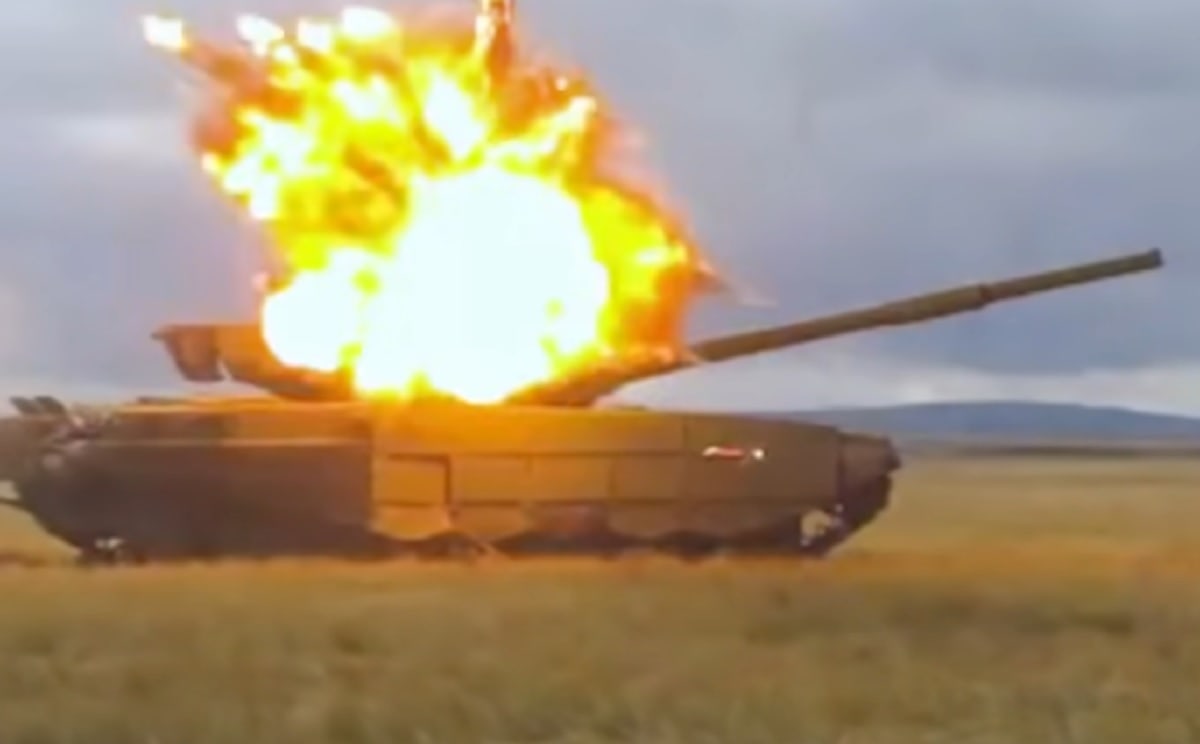Is Russia’s Operational Pause in Ukraine a Strategic Choice or Battlefield Necessity? – After the conclusion of the weeks-long punishing battles for the Donbas cities of Sieverodonetsk and Lysychansk, Russian forces in Donbas appeared to begin hunkering down for a temporary operational pause to regroup and reconstitute its battered units before attempting further advances into Donbas.
However, the scope of this operational pause appears hazy, as Russian forces have attempted limited attacks along their frontlines in Ukraine, while Russia’s leadership has not announced a planned conclusion to this pause. Nonetheless, it appears that the decision to embark on an operational pause is was taken both as a strategic decision to prepare for future offensive operations, and as a necessity brought on by the high rate of losses endured by Russian forces over the course of fighting in Donbas.
What is the State of Russian Operations in Donbas and Ukraine Today?
According to the Institute for the Study of War’s July 12 Russian offensive campaign assessment, Russia’s operational pause has continued, and Russian forces did not claim any new territorial gains that day. However, according to ISW, this does not mean that Russian attacks have entirely stopped as a result of the pause, but they are mostly confined to shaping attacks to prepare for future offenses. Russia is in the midst of a buildup of reserves near Ukraine which have been partially sourced from recruiting drives all over Russia to support offensive actions in Donbas in the future. Russia has continued to shell targets near the Izyum and Kharkiv in eastern Ukraine, and long-range artillery strikes by Ukraine’s American-made HIMARS batteries continue to cause Russian forces significant headaches.
Russian Messaging on the Operational Pause
Despite the observed general halt in Russia’s advance, Russian state media sources have nonetheless claimed limited advances and victories in recent days. On July 13, Russian sources amplified claims by the so-called LNR separatist statelet that the Donbas city of Siversk had been seized by Russian forces, while others asserted that Russian forces had reached the outskirts of Soledar, another Donbas city currently under Ukrainian control to the west of Lysychansk.
However, Russia’s Ministry of Defense has not published similar claims on its public-facing Telegram channel’s daily readout, which is usually quick to acknowledge Russian victories. Ukrainian and Western sources did not confirm such claims either, further casting doubt on their validity. According to Ukraine’s military leadership, Russian limited attacks were thrown back, and Russia did not sustain any advances. Moscow appears to be attempting to project a sense of normalcy on the frontline while it attempts to regroup and shape future battlefields to its advantage, to mixed results.
Status of Russian Troops in Ukraine
While it is difficult for external observers to get a fully accurate view of the state of Russian forces in Donbas, ongoing recruiting drives reaching deeper and deeper into the Russian population indicate that Russia’s invasion force needs all the reserve manpower it can get. Considering Russian President Vladimir Putin officially ordered his troops to rest following their seizure of Lysychansk, Moscow was likely concerned about the condition of its forces in Ukraine following months of punishing battle in Donbas. By most accounts, both Russia and Ukraine have been winded by the attritional fighting in Donbas but recognize that the next Russian offensive aimed at moving deeper in Donbas will carry significant consequences for the future outcome of the war.
While time will tell when Russian forces in Ukraine will begin their offensive anew in Ukraine, they are not yet in the necessary condition to undertake such actions, and it is unclear how long such reconstituted formations will be able to sustain future offensives before another operational pause is needed.
Wesley Culp is a Research Fellow at the Center for the Study of the Presidency and Congress. He regularly writes on Russian and Eurasian leadership and national security topics and has been published in The Hill as well as in the Diplomatic Courier. He can be found on Twitter @WesleyJCulp.

